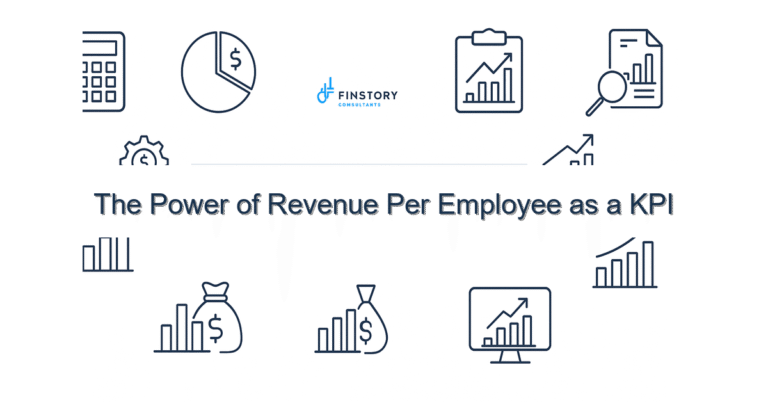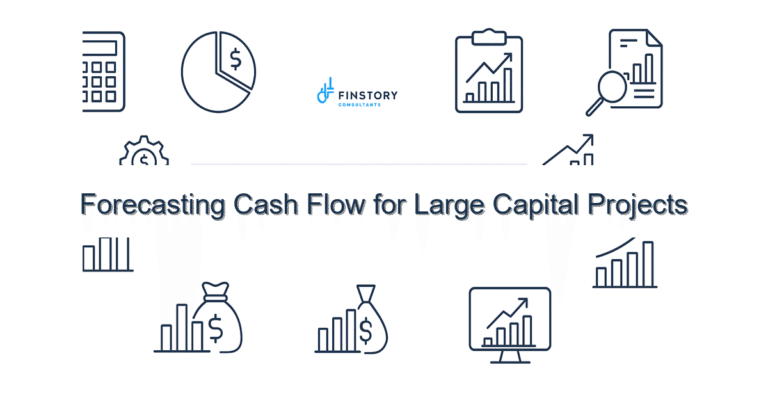Real Stories of Businesses That Survived Cash Crunches
Almost every successful business has a “near-death” story—moments where cash was so tight they didn’t know if they’d make it to the next month.
It’s easy to look at big brands or thriving businesses and assume they’ve always been flush with cash. The reality? Many faced cash crunches so serious they almost shut down.
Here are some real stories of businesses that stared down financial disaster—and came out stronger on the other side.
Story #1: Airbnb and the Cereal Boxes
Today, Airbnb is a multi-billion-dollar company. But back in 2008, founders Brian Chesky and Joe Gebbia were broke. They’d launched the business but couldn’t cover rent or basic expenses.
To keep the lights on, they did something wildly creative: they designed and sold limited-edition cereal boxes—“Obama O’s” and “Cap’n McCain’s”—during the U.S. presidential election.
They raised around $30,000 from cereal sales. That small injection of cash kept the business going just long enough to get accepted into Y Combinator, where they refined their business model.
Lesson: Sometimes surviving a cash crunch takes creativity—and willingness to do anything legal and ethical to keep going.
Story #2: Slack’s Pivot from Failure
Before Slack became the world’s go-to workplace messaging app, it was a gaming company called Tiny Speck.
In 2012, Tiny Speck’s game, “Glitch,” failed. The team faced layoffs and running out of cash.
But rather than give up, founder Stewart Butterfield realized their internal chat tool was incredibly valuable. They pivoted the company, turned their in-house tool into Slack, and launched a whole new business.
Today, Slack is worth billions and is part of Salesforce.
Lesson: A cash crunch can force hard decisions—but also spark innovation that transforms a business.
Story #3: FUBU’s Cash Flow Roller Coaster
Daymond John, founder of the clothing brand FUBU, has spoken openly about cash challenges in his early days.
He started sewing hats and shirts at home and selling them on the streets of New York. When orders poured in, he needed money to produce the inventory.
He applied for loans and was rejected by 27 banks. Eventually, his mother took out a second mortgage on her house to raise $100,000 in capital. That cash gave him the breathing room to fulfill orders and grow the brand into a $350 million business.
Lesson: Sometimes cash crunches require outside help—or the courage to take calculated risks.
Example from a Small Business: The Coffee Shop That Talked to Its Landlord
Not every cash crunch story comes from Silicon Valley giants.
Consider Emily, who owns a coffee shop in Austin, Texas. When the COVID-19 pandemic hit, foot traffic vanished overnight. She had just enough cash to cover two months of rent and payroll.
Instead of panicking, Emily took proactive steps:
- She called her landlord and negotiated reduced rent for three months.
- She launched an online coffee bean subscription to bring in cash.
- She applied for small business grants and PPP loans.
Emily survived—and even grew her online following—because she took action early instead of waiting until her bank account hit zero.
Lesson: Don’t be afraid to ask for help or negotiate. Many vendors, landlords, and suppliers want to keep you in business.
Why Businesses Get Into Cash Crunches
Businesses—even profitable ones—run out of cash for common reasons:
- Slow-paying customers
- Inventory purchases ahead of big seasons
- Rapid growth that outpaces cash
- Unexpected expenses
- Economic downturns
A cash crunch doesn’t mean you’re failing—it means you’re running a real business with real-world challenges.
How a Virtual CFO Can Help
This is where a Virtual CFO (VCFO) can be a game-changer. A VCFO can help you:
- Spot cash problems before they happen
- Forecast cash flow under different scenarios
- Negotiate payment terms with vendors
- Build contingency plans to survive rough patches
Instead of operating in panic mode, you’ll have a clear plan—and options.
Don’t Fear the Crunch—Plan for It
Cash crunches happen to businesses of all sizes. The companies that survive aren’t always the biggest or the richest—they’re the ones willing to get creative, pivot, and ask for help.
If you’re worried about your cash position, don’t wait until it’s critical. Let’s talk about how you can prepare—so your business has its own comeback story to tell.






